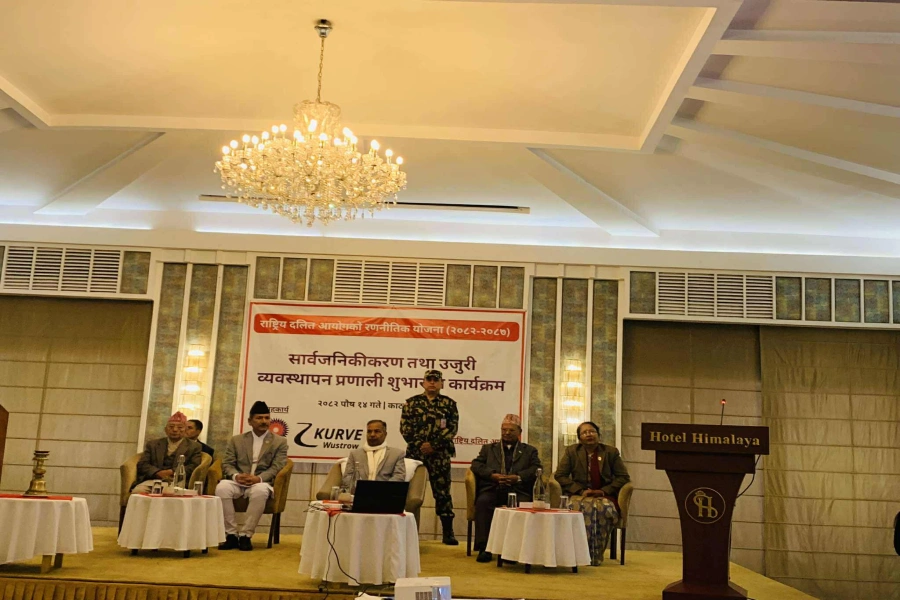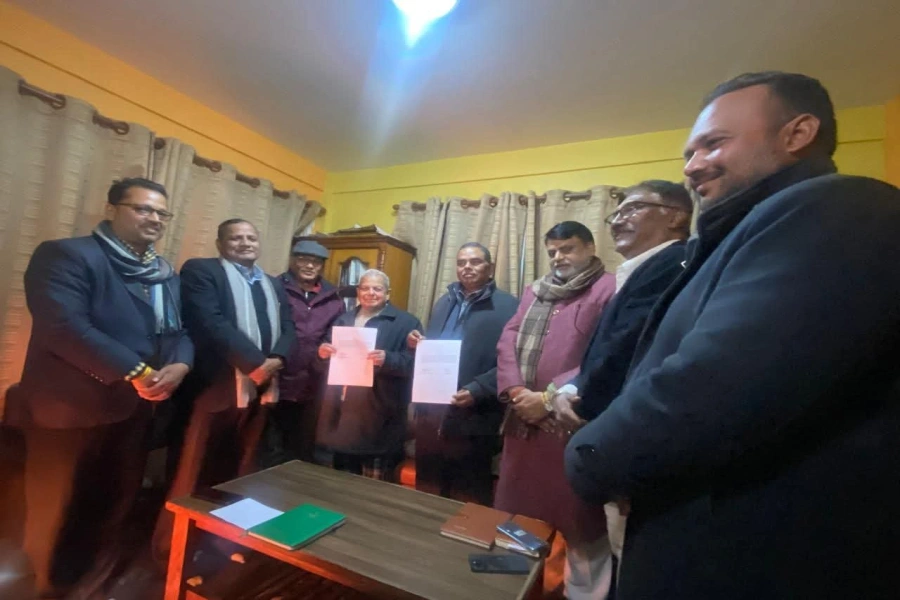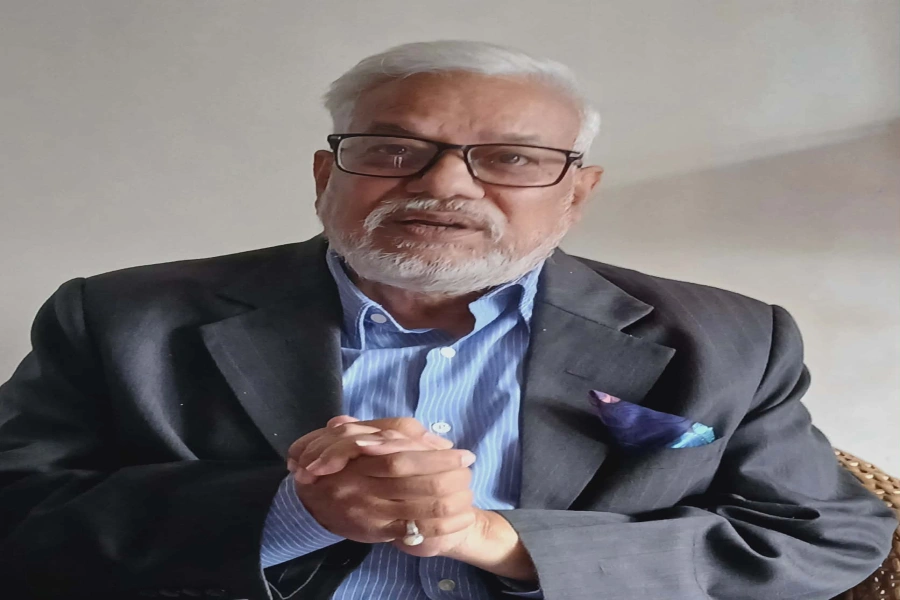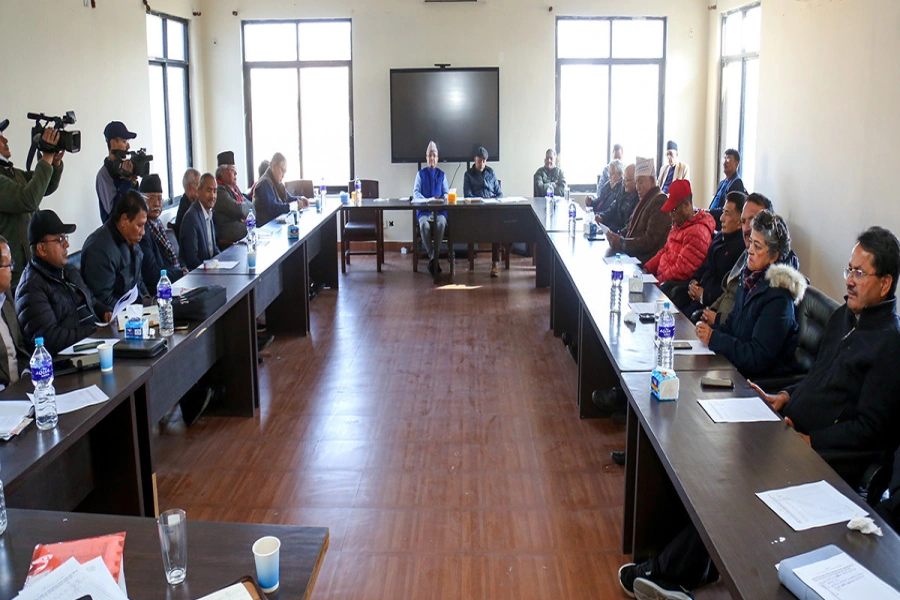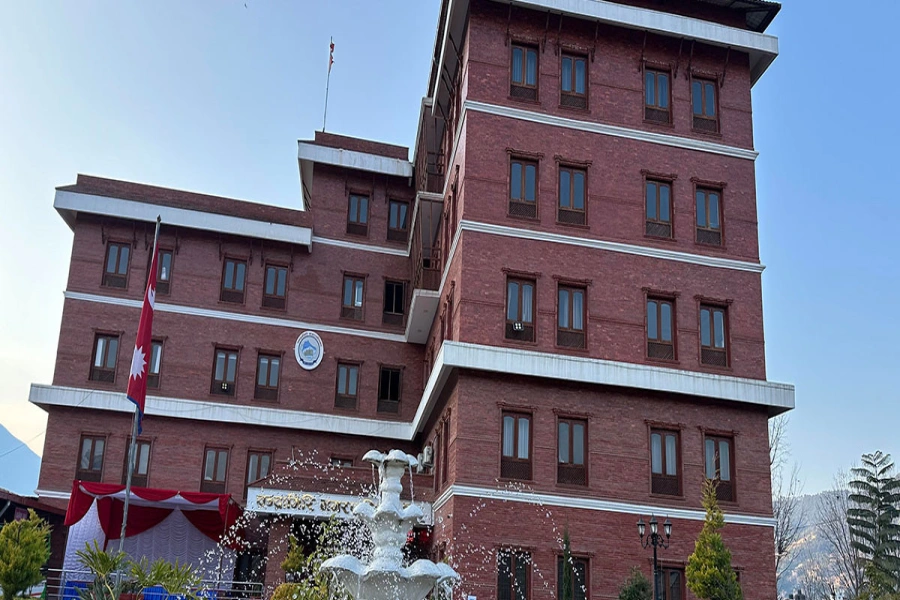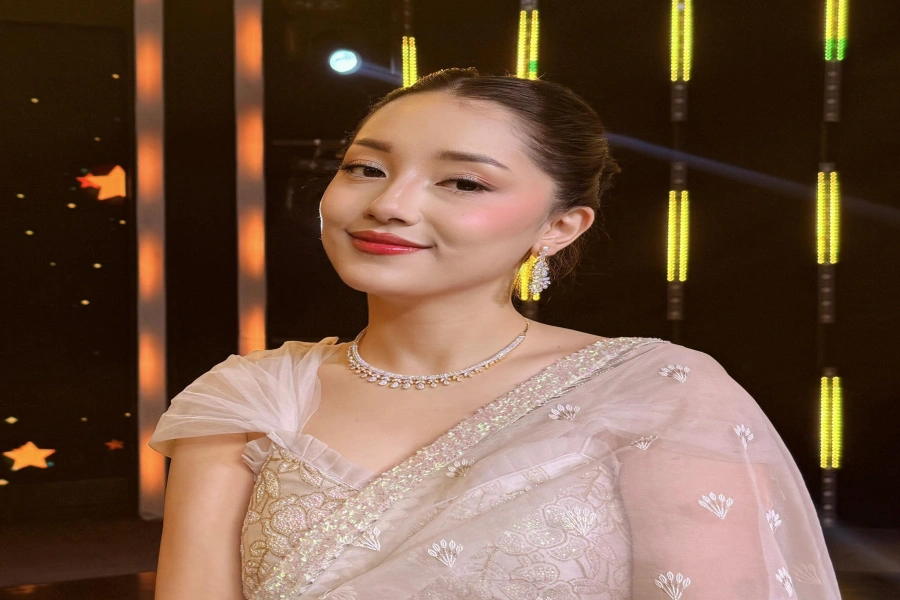Customized t-shirts have been a rage among teenagers and adults for a while now. After all, what’s there not to like about a unique t-shirt that reflects your interests, views, and preferences? Recognizing the need and want for such clothing items, there are some companies that cater specifically to that demand.
Butta
Butta is a product service company that helps designers and artists based in Nepal showcase their products via several mediums, an important one being t-shirts. The company is dedicated to promote cultural aesthetics, especially through artists who don’t want to or aren’t yet capable of going through the hassles of manufacturing, marketing and other logistical challenges but still want to turn their talent into something financially feasible.
According to the founder of Butta, Sabin Bhandari, the basic idea is to mix art and design – for example, a nice mandala painting on a t-shirt, which in turn focuses on the functionality, usability, and branding of the product.
“Butta strictly maintains the idea of the original creation by the local artists and designers,” says Bhandari. This includes incorporating cultural aspects like national beloved monuments like Ghantaghar or the usual aesthetic of the ‘mandala’. However, Bhandari emphasizes on the fact that Butta still believes that culture is something dynamic and should change with time, all the while still being grounded in things that inherently make us ‘Nepali’.
Butta was born out of Bhandari’s mother project, ‘Threadpaints’, a t-shirt selling business, the first of its kind in Nepal, which later turned into a full-fledged apparel market place. Bhandari realized that their experience and business could also help budding artists come forward and help them earn a living through their art. Bhandari and his team played around the idea for a while and, in 2016, they finally started Butta.
Drake drops new Nike x NOCTA 8K peaks apparel collection inspir...

And since then Butta has been promoting artists and putting good products out onto the market. Bhandari says that the demand and supply of custom t-shirts has been on the rise in Nepal for the last couple of years and he reckons the business will only see a surge in the future as well. Keeping that in mind, he plans to further promote deserving artists’ works and also experiment with mediums in which they can be represented.
Juju Wears
Juju Wears was started in 2013 and specializes in selling good quality cotton t-shirts, hoodies and sweatshirts with quirky and exciting designs. Juju Wears hopes especially to attract customers from a younger generation through its t-shirts that feature comical themes and Nepali aesthetics.
The company was started by Pradip Man Sakya who was student of fine arts. It was only a matter of time before for his love for arts spilled on his business. The raw material for their t-shirts are imported but the production and design are done in their in-house factory ‘Shraman Apparel’.
According to Sakya, his company mainly dealt with exporting produced clothing out of the country but soon he felt the need to focus on the local market and, for that, he felt t-shirts was the best way to go. “I wanted to sell t-shirts with good messages written on them, or ones that had Nepali themes to promotes our culture,” he says.
Singh came up with the name ‘Juju Wears’ as ‘Juju’ in Newari means king and he felt that that the word was short and sweet, had a great meaning and was easy to remember. Just as the name suggests, Sakya hopes that Juju Wears will eventually become ‘The king of t-shirts’, producing top-notch clothing with great designs that one can’t find elsewhere.
The production of a t-shirt starts with Sakya coming up with a concept for the design that is to be printed. After that, Sakya consults other supporting artists and, after the design is finalized, it’s sent for production. Currently, there are around six ‘Juju Wears’ stores in Kathmandu and Pokhara and the company has 120 people in its payroll. Sakya wants ‘Juju Wears’ to be a trusted Nepali brand in the international market and claims to be working towards that goal.
Though you can easily walk into an outlet if you live in Kathmandu or Pokhara and see their entire range of t-shirts and garments, you can also browse through their collection on their Instagram or Facebook page.
Artsart
Graphic designer Robin Kapali and artist Sandhya Silwal, co-founders of Fuzion, an art and design hub, realized that amidst all the printing and producing they did for others, they had yet to create something for themselves. And that’s when they started Artsart, a brand that showcased their own art as well as other several equally talented artists’ works.
Jyoti Shrestha, manager of Artsart, says that the brand not only represents the creativity within the creators but also their journey of being fine arts student. Whenever Kapali and Silwal were at a family gathering, they were showered with questions and skepticism about their choice of supposedly ‘unprofitable’ careers in ‘fine art’, with many calling it ‘art-sart’. And it was through this hurtful comment that they found a name for their brand.
The t-shirts that Artsart make are customised by the artists themselves, mainly Kapali and Silwal. Moreover, they have collaborated with other artists like Bikash Sakya (Doodlemyan), Dancy and more. The artists themselves are tasked with the design they wish to print on the t-shirts. However, other designers can also come in and help them with the process. “We believe in collaboration,” says Shrestha adding that the resources are easily available as Artsart runs side-by-side Fuzion and Fuzion has its own factory in Dallu, Kathmandu.
They produce all the products in-house. However, if needed, as per the client’s demands, they also import some necessary materials. The basic principle of Artsart is to take artworks out of the galleries and turn it into merchandise so people can afford it as well as make it more usable. Inspiration, they say, comes from everywhere, especially when they collaborate with new artists and visit art galleries.
However, Artsart is still in its initial phase and there is a lot that still needs to be worked out. According to Shrestha, as the manager she is looking for interested individuals to assemble a team and create a market where emerging artists will be appreciated. Future plans for Artsart include having a team in place and opening a store at Freak Street in Basantapur where they can encourage other brands to display their products as well.



